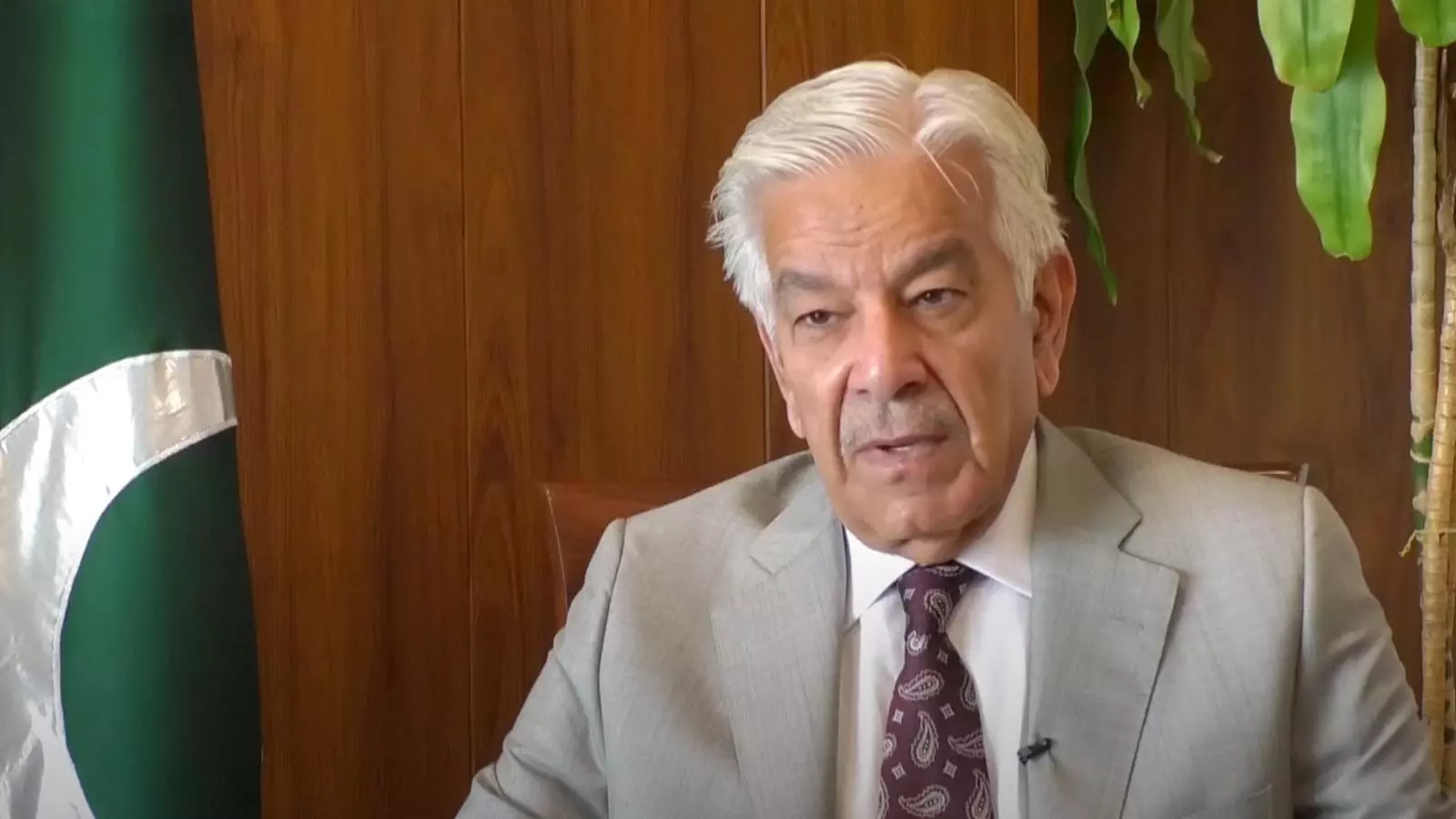
Pakistan, Afghanistan agree to resume peace talks on November 6
Pakistan and Afghanistan have agreed to resume stalled peace talks on November 6, with Türkiye facilitating discussions after the previous round collapsed

Pakistan and Afghanistan on Friday (October 31) agreed to resume talks to continue the peace process that has faced severe setbacks, with both sides accusing each other of not heeding their concerns.
The development comes after the talks collapsed on Saturday with Pakistan accusing the Taliban regime of refusing to crack down on the Tehreek-i-Taliban Pakistan (TTP) and other terrorist groups involved in cross-border attacks from Afghan territory.
However, Afghan media reported that the talks collapsed as the Pakistani side expressed their inability to control US drone strikes in Afghanistan from Pakistani territory, a key demand raised by the Afghan negotiators.
Next meeting in Istanbul?
According to a joint statement released by Türkiye, the host of the latest round of talks, early on Friday, stated that “further modalities of the implementation will be discussed and decided” during a principal-level meeting in Istanbul on November 6, Dawn reported on Friday.
Also Read: Dispute over US drone operations behind collapse of Pak-Afghan talks?
Though the statement didn’t specify who the “principals” would be, it is expected that it meant the defence ministers of the two countries, who led their sides in the first round in Doha, would now meet in Istanbul, the report added.
Agreement on monitoring mechanism
The statement further revealed that the countries have agreed on setting up a “monitoring and verification mechanism” that will be utilised for ensuring peace and to impose a penalty on the side that breaches the ceasefire.
Also Read: Pakistan’s Khawaja Asif accuses the Taliban of acting at India’s behest
“All parties have agreed to put in place a monitoring and verification mechanism that will ensure maintenance of peace and impose a penalty on the violating party,” said the joint statement released by Türkiye’s Ministry of Foreign Affairs.
Türkiye and Qatar have deep ties with Pakistan, while Qatar also played a major role in the negotiations between the Afghan Taliban and NATO forces, the report said.
What the Taliban said
Reacting to the development, Taliban spokesman Zabihullah Mujahid said that Afghanistan seeks good ties with all its neighbours, including Pakistan, provided that the relationship is based on mutual respect and non-interference in internal affairs.
Also Read: Pakistan-Afghanistan peace talks fail over militant safe havens
“Just as the Islamic emirate seeks good relations with other neighbouring countries, it also desires positive ties with Pakistan and remains committed to relations based on mutual respect, non-interference in internal affairs, and not posing a threat to any side,” he said.
Khawaja Asif sees ‘ray of light’
The joint statement came shortly after Pakistan’s Defence Minister Khawaja Asif hinted at a positive development, saying that a “ray of light” was visible in the Istanbul negotiations.
“Different drafts are being exchanged for an eventual agreement. You can say that some ray of light is visible; there is very guarded optimism. Let’s hope that some shape emerges from this,“ he told Geo News.
Also Read: Pakistani Taliban challenges Asim Munir: 'Face us if you are a man'
“Qatar and Türkiye are very respected by us and are our well-wishers. Türkiye clearly openly supported us in the Pakistan-India conflict, so we respect them and their opinion,” the defence minister said.
Earlier in the day, Pakistan Army Chief Field Marshal Asim Munir, speaking in Peshawar, said that his country seeks good relations with its neighbours but made it clear that Islamabad will not tolerate terrorist attacks originating from Afghanistan.
Tehreek-i-Taliban issue
However, according to the Dawn report, the Taliban delegation during the last meeting expressed the regime’s inability to fully control Tehreek-i-Taliban Pakistan militants.
A senior Taliban official said the Afghan side had offered to detain and expel any TTP members found on Afghan territory, the report said.
Also Read: Taliban denies Pakistan’s claim of India’s role in border clash
The Taliban officials also said that Tehreek-i-Taliban Pakistan militants are Pakistani nationals operating from within Pakistan.
“But Pakistan keeps insisting that we control TTP’s attacks inside Pakistan,” the official said.
“These fighters are Pakistani nationals operating within Pakistan,” the report quoted the Afghan official as saying. Pakistani negotiators also demanded that the Taliban formally declare the TTP a terrorist organisation and publicly denounce it as a fitna, an Islamic term for sedition or mischief, it said.
(With agency inputs)

